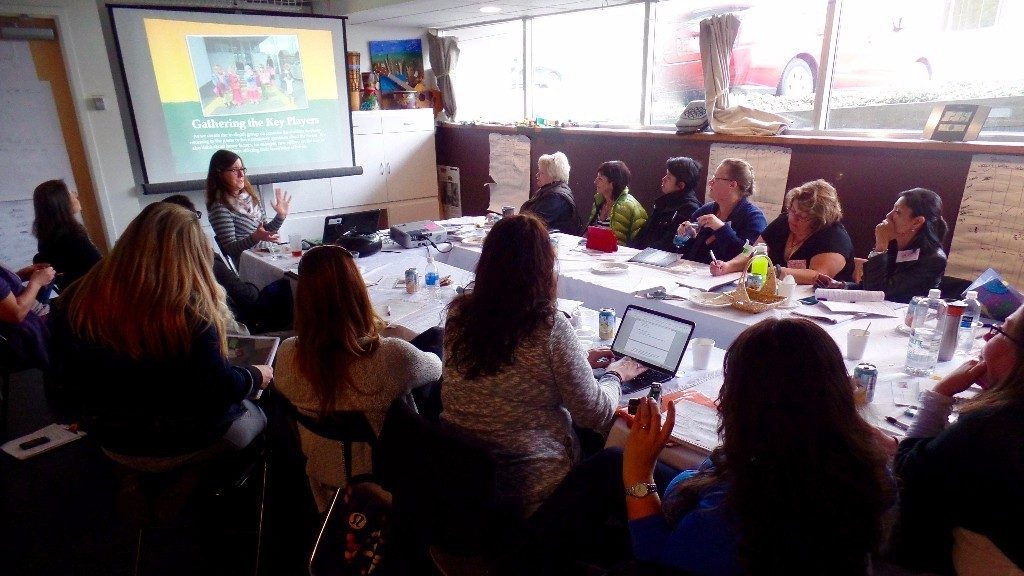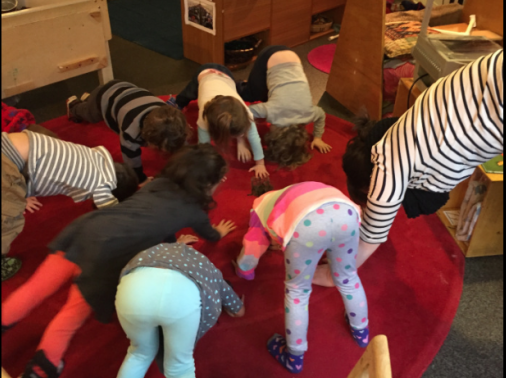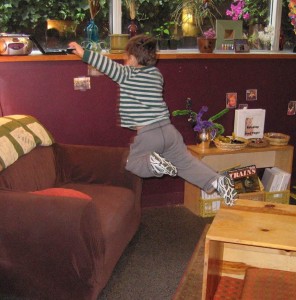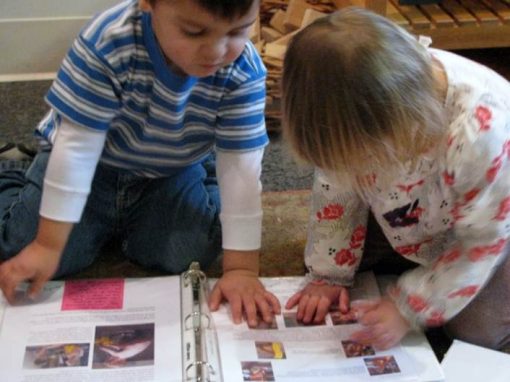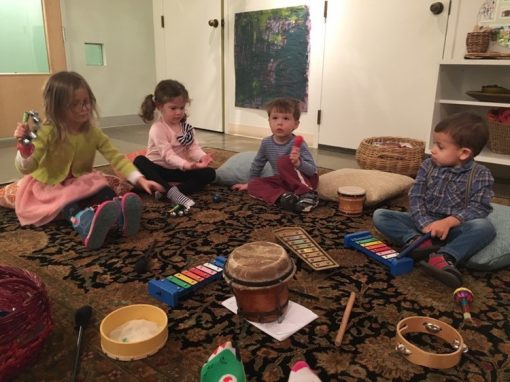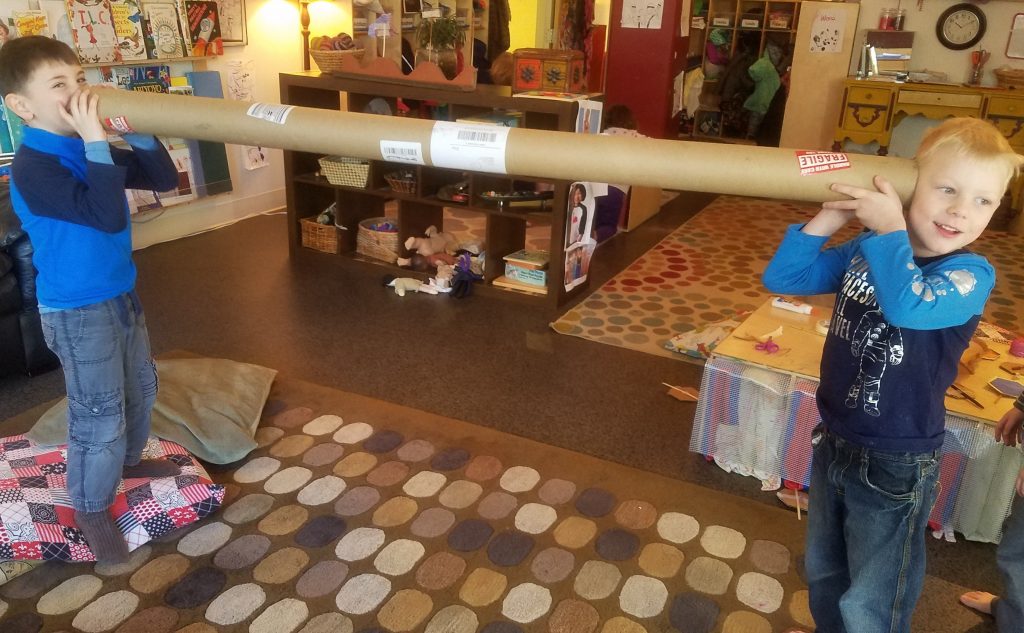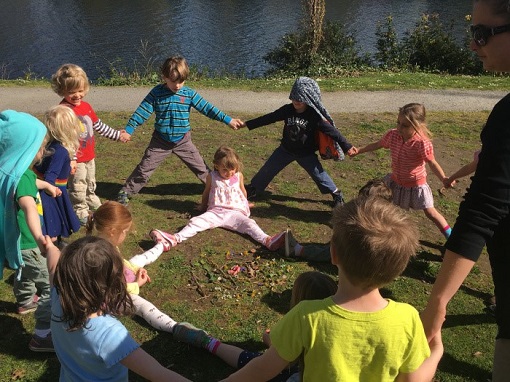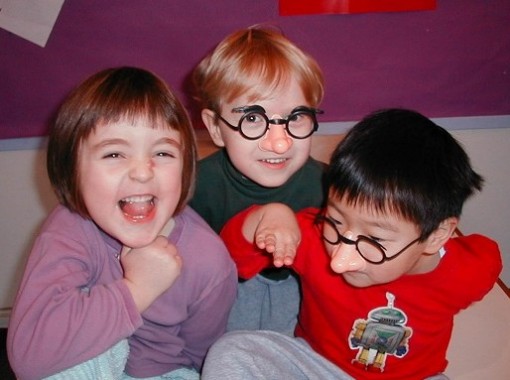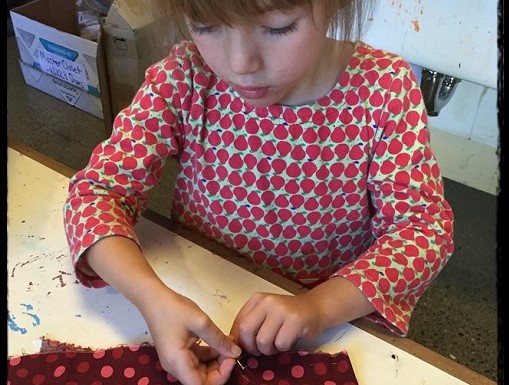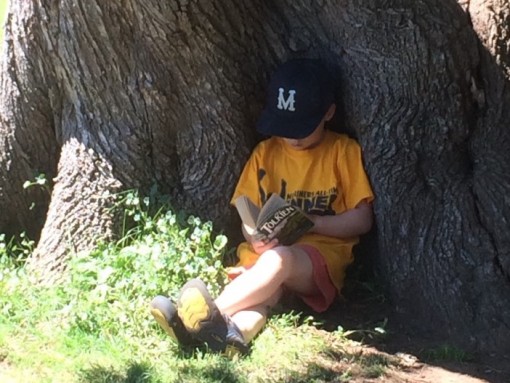Each time a group of visitors comes to Hilltop, we get to hear their experiences, and their impressions of Hilltop, and we get a glimpse of ourselves through fresh eyes. We had a particularly poignant and revealing visit, recently, with a group of educators working in the Residential Parenting Program at the Washington Corrections Center for Women.
